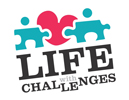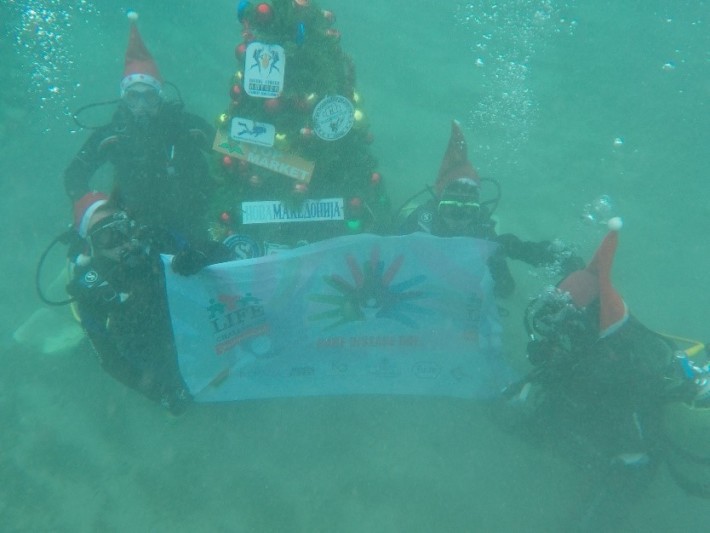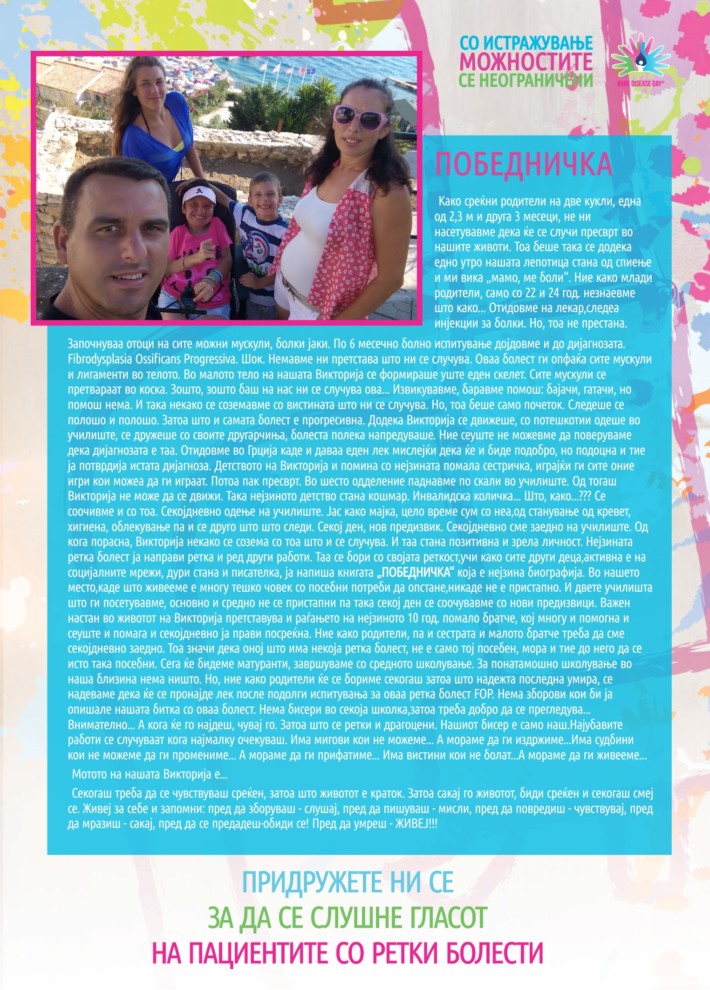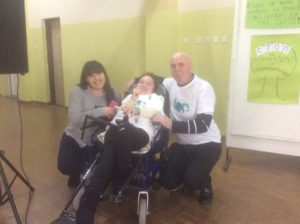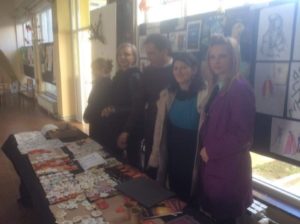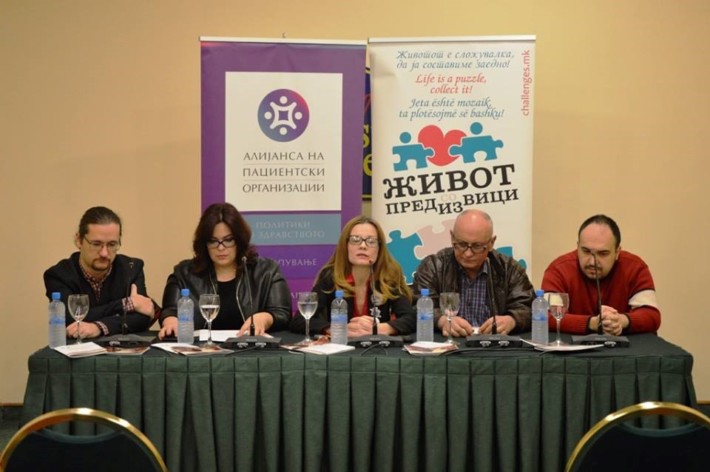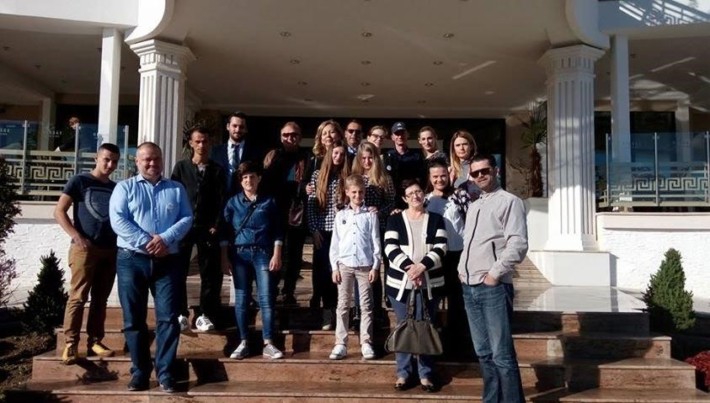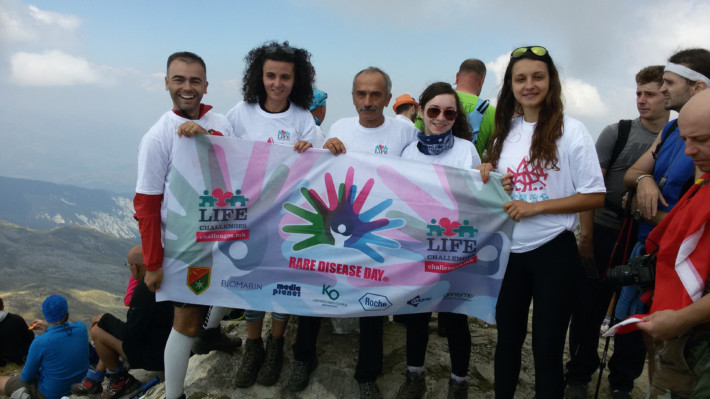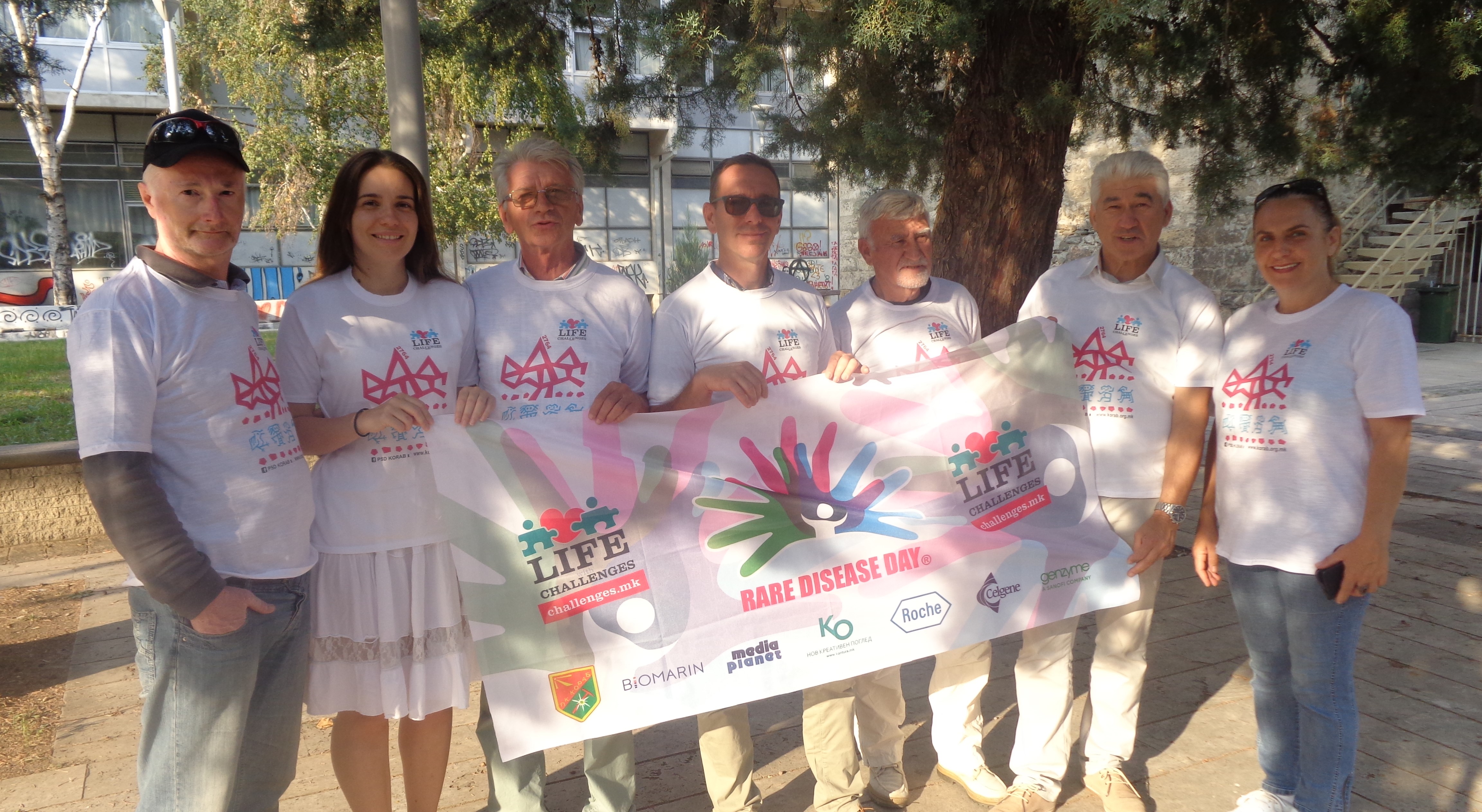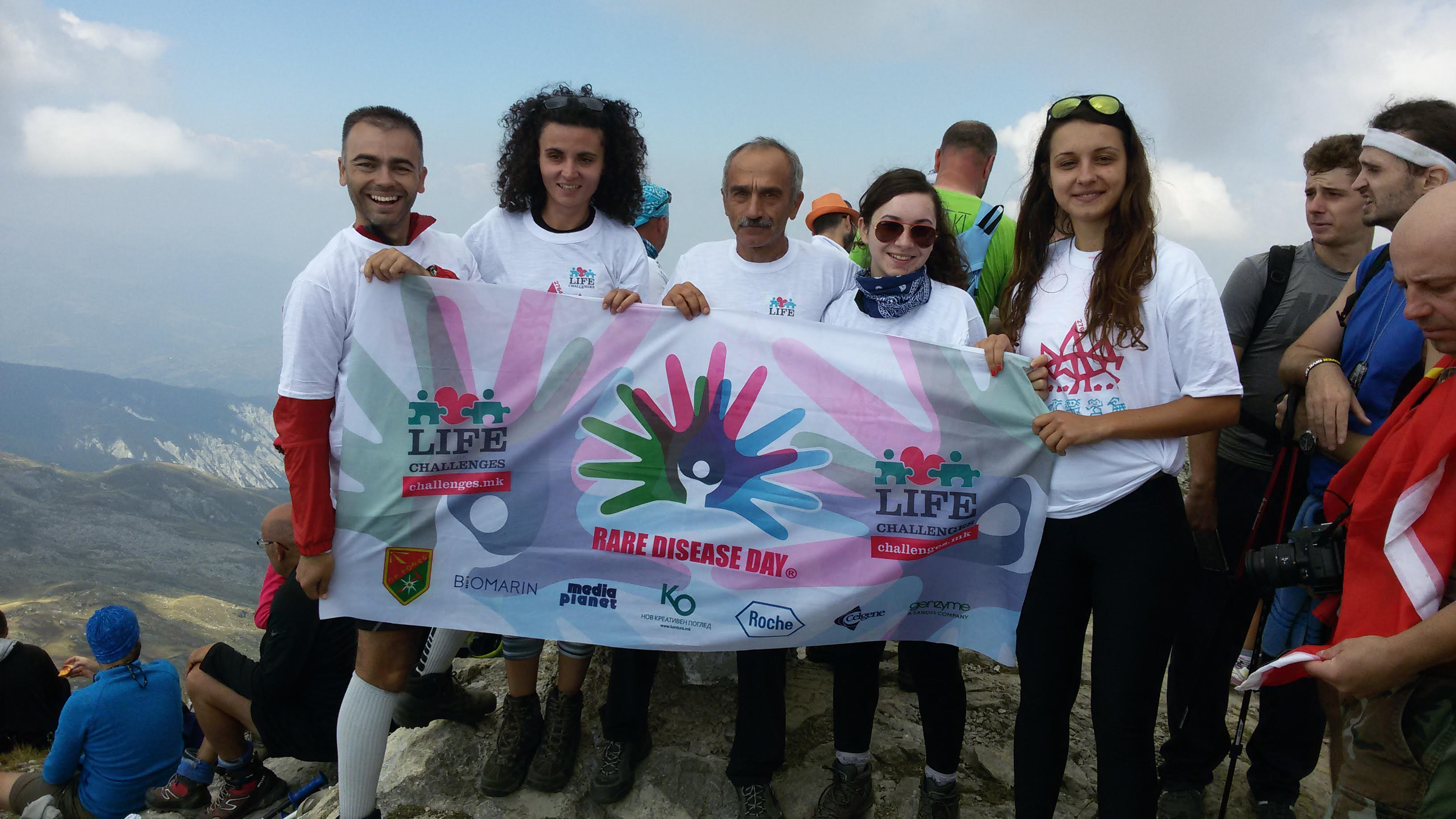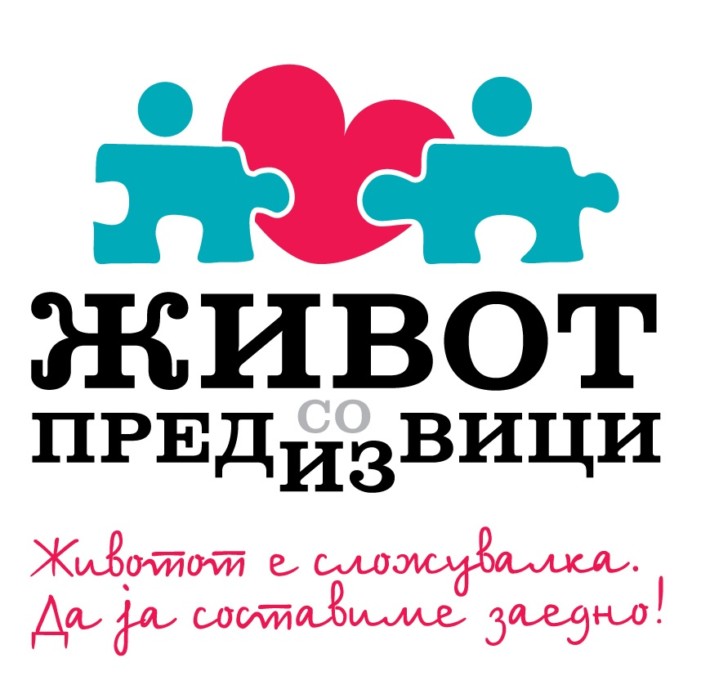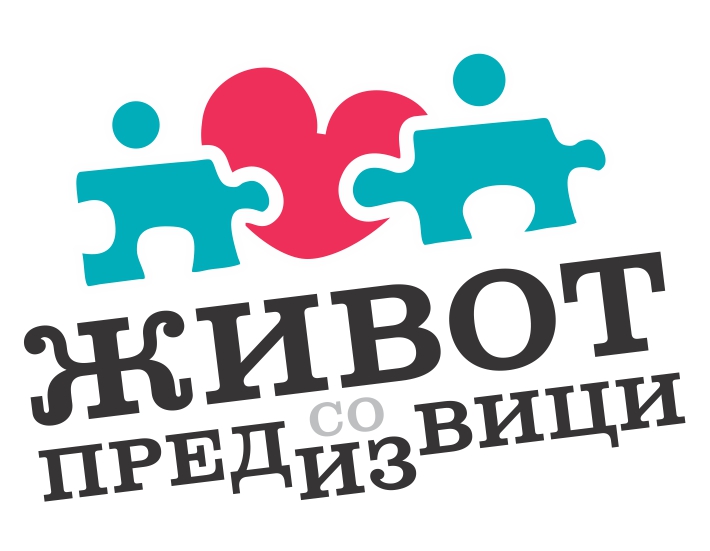The association of citizens for rare diseases Life With Challenges, is founded by patients and parents that face with life with Gaucher. Later in the association joined patients with Hereditary Angioedema, Allagile Syndrome and
The association is representing patients and parents with rare diseases that are members in the association. At the moment there are over 80 diagnoses of rare diseases represented by the association: Gaucher, Phenylkeotnuria, Allagile Syndrome, Tyrosinemia, Lenox Gastaut Syndrome, Congenital Muscular Distrophy, Muscular Dystrophy Duchene, Muscular Dystrophy Becker, Congenital Cataract, Epydermolysis Bulosa, Carnitine plamitolitransferase deficiency, Pulmonary Hypertension, Adrenomyeloneuropathy, Williams Syndrome, RET Syndrome, Amyotropihi lateral sclerosis – Lou Gehrig’s diseases, Myasthenia Gravis , Huntington disease, Porphyria, malignant paraganglioma Pheochromocytoma tumor, arthogryposis multiplex congenital, Fibrodysplasia ossificans progressiva (FOP), Multiple myeloma, Myelodysplastic syndrome, MPS 4 – Morqio Syndrome, Strümpell disease – Hereditary spastic paraplegia, Takayasu arteritis, Primary ciliary dyskinesia, Kartagener type, Mastocytosis, Juvenile dermatomyositis, Friedreich ataxia , Acute intermittent porphyria, Cystinuria, Stargart, Lowe Syndrom, Dextocardia Situs inversus, Heurofibramatozis, Phemgus Vulgaris, Wegener’s Granulomatosis, Addison disease, Ehlers – Danhlos Syndrom, Alpha-1-antitrypsin deficiency, Aspergilosis, Erythrodermia Ichthyosiformis Congenital, Autosomal recessive dopa-responsive dystonia Tyrosine Hydroxylase deficiency, Alport Syndrom, Acute trasverse myelitis, Polimiozitis, Adrenogenital syndrome, Mastocitozis, Burgada Syndrom, Fanconi, Niemann Pick C, Chronic inflammatory demyelinating polyneuropathy, West Syndrome, Transverse Myelitis, Retinitis Pigmentosa, Carney Complex, Erythrodermia Ichthyosiformis congenita, Guillain Barreov Sindrom, Malignant Melanoma, Rendu-Osler-Weber disease – hereditary hemorrhagic telangiectasia(HHT), Systemic vasculitis-Sy.Churg-Strauss, Spinal Muscular Atrophy, Barter Syndrome, FAP – Familial Amyloid Polyneuropathy, Pulmonary Fibrosis, Amelogenesis Imperfecta, Achondroplasia, Kabuki syndrome, Fibrin-stabilizing factor deficiency, Hydromielia, Lyme disease, Julien Barre syndrome, Acure lymhoblastic leukemia, usher syndrome tip 2, chromosome 3p duplication, PFAPA syndrome, Raynaud syndrome, Familial mediterranean fever Hydromielia, Lyme disease, Julien Barre syndrome, Acure lymhoblastic leukemia, usher syndrome tip 2, chromosome 3p duplication, PFAPA syndrome, Raynaud syndrome, Familial mediterranean fever … and others that will join us and ask for help and support.
Some groups of patients have their own associations and we encourage and support other groups to form associations since we think it is important for each disease to have association or at least a support group.
The association also is a member of the National Alliance for Rare Diseases of R. Macedonia (13 organizations representing different rare diseases and patients rights). The association does not represent rare diseases that are not registered members in the association.
In Macedonia there are other diagnosed rare diseases. From 2015 there is a register for RD at the Ministry of Health – more about that can be found in the program for RD from 2016 – Programa za lekuvanje na retki bolesti vo R.M. za 2016. (Translation in English will be available soon)
